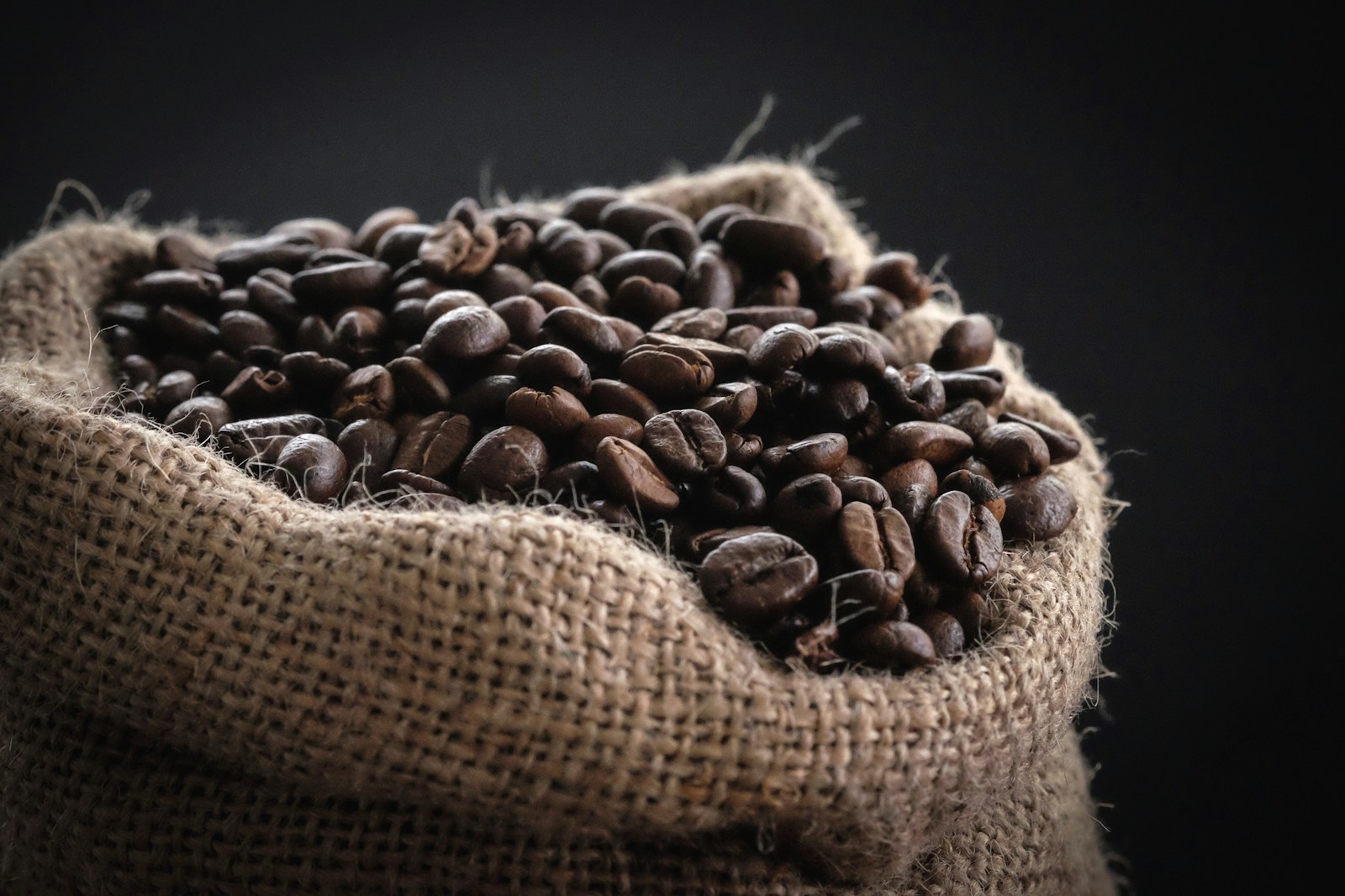In recent years, organic coffee has gained significant prominence in the beverage market, attracting consumers increasingly conscious of their health and environmental impact. The question that often arises is whether the premium price of organic coffee is justified.
Organic coffee is cultivated without synthetic fertilizers, pesticides, or herbicides, adhering to strict agricultural guidelines that promote biodiversity and soil health. Proponents argue that this farming method improves the quality of the coffee and contributes to sustainable agriculture and better labor practices for farmers.
Taste is a pivotal factor in this conversation. Many aficionados claim that organic coffee offers a richer, more nuanced flavor profile, which can be attributed to the organic farming techniques that allow for greater expression of terroir. Furthermore, the absence of chemical residues may enhance the overall drinking experience, appealing to those sensitive to such additives.
However, the price difference can be substantial. Conventional coffee often comes at a lower cost due to higher-yield farming practices and chemicals that reduce production expenses. For consumers on a budget, the allure of organic coffee may not outweigh the price increase.
Ultimately, whether organic coffee is worth the premium hinges on individual values and preferences; the investment may be justified for those committed to ethical consumption and environmental sustainability. Conversely, for consumers prioritizing cost, the benefits may not resonate as strongly.
In conclusion, organic coffee offers distinct advantages that can enhance the drinking experience and one’s ecological footprint. As with any premium product, careful consideration of personal priorities will inform whether to enjoy organic coffee or its counterpart.
